The Great Fiji Shark Count contributed identification posters to Fiji’s Bycatch Guidelines & Bycatch Mitigation Toolkits, the latest in a series of initiatives designed to reduce the amount of sharks, turtles, seabirds and other “bycatch” species that may be accidentally harmed during tuna fishing activities.

On the 21 January 2021, a valuable set of guidelines and equipment designed to assist fishing boat crew to release accidentally caught species unharmed was launched at the Suva Holiday Inn. These kits will be provided to more than 90 offshore fishing vessels working in Fiji waters, and used in educating students at the Fiji Maritime Academy.

The kits include an instructional booklet and a laminated guide for use on offshore fishing vessels:
‘Bycatch Best Handling Practices: A Guideline for Skippers and Crew on Longline Fishing Vessels in Fiji’ and ‘Best Practice for Bycatch Mitigation in Fiji’s Tuna Longline Fishery: For Vessel Owners & Operators’
supported by the New Zealand government.
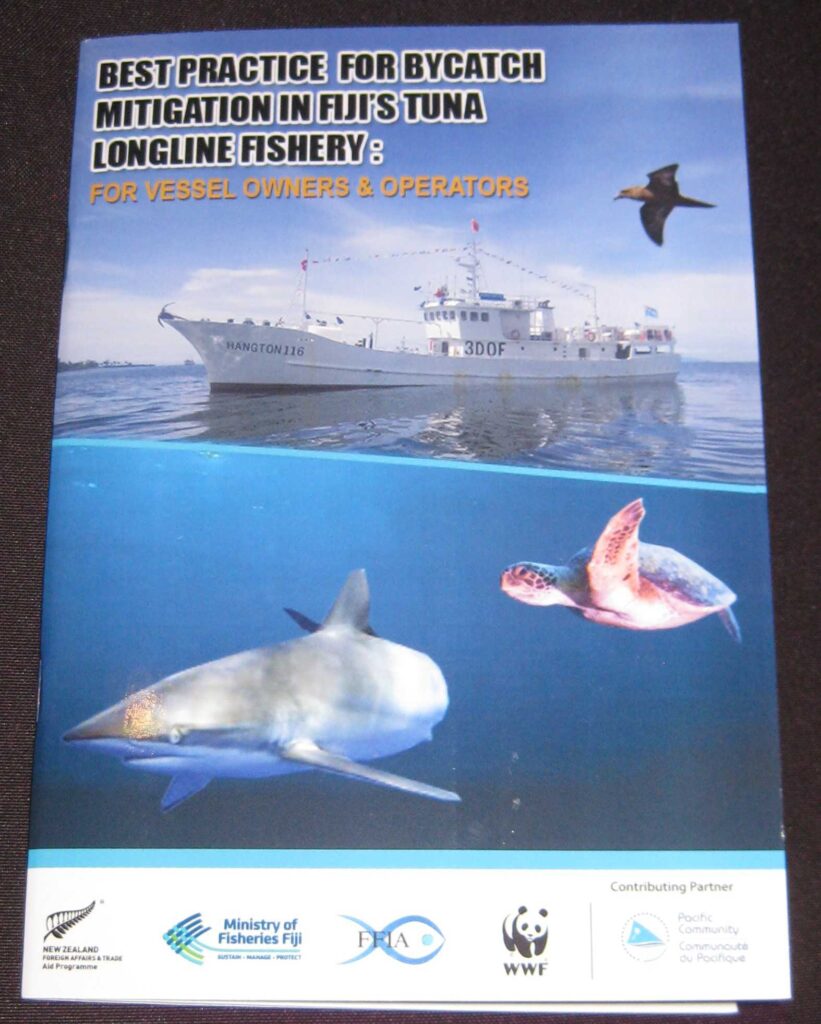
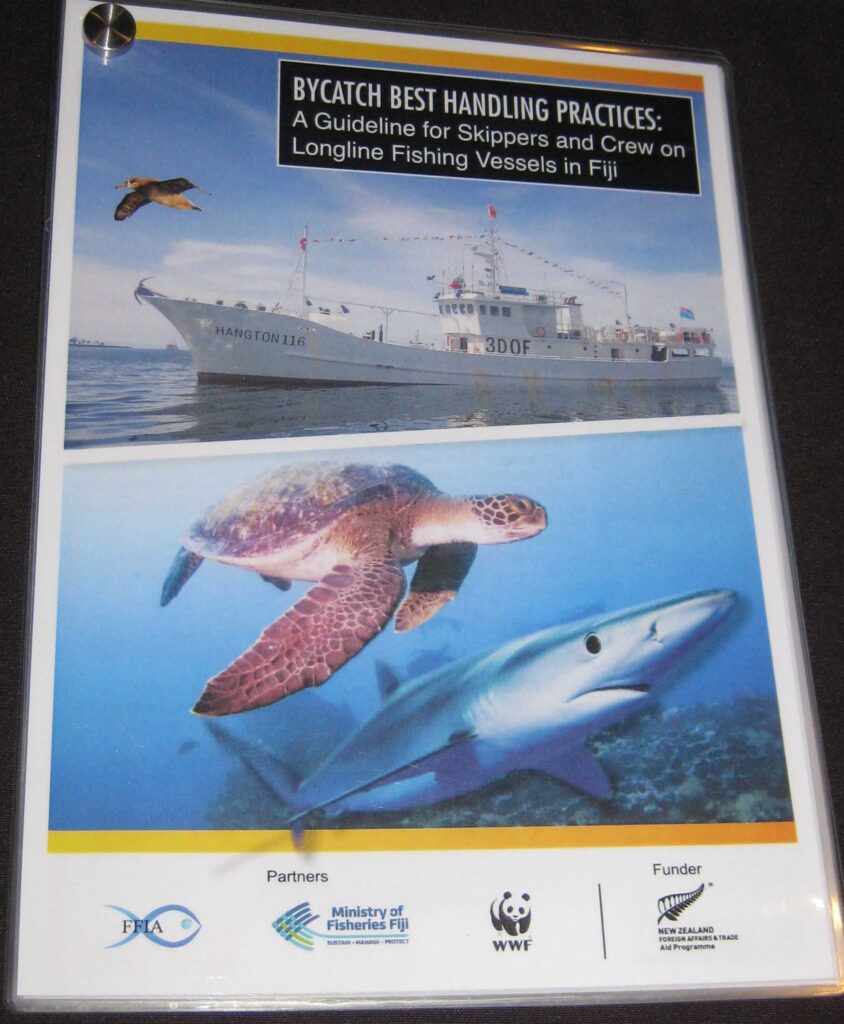
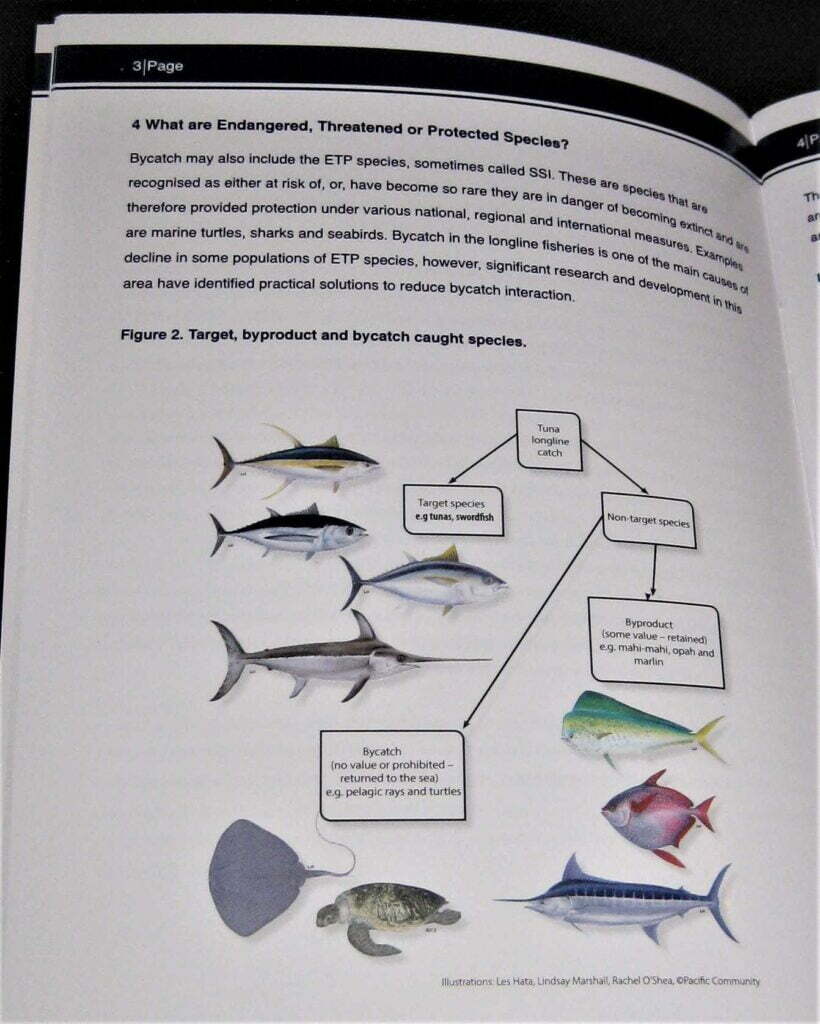
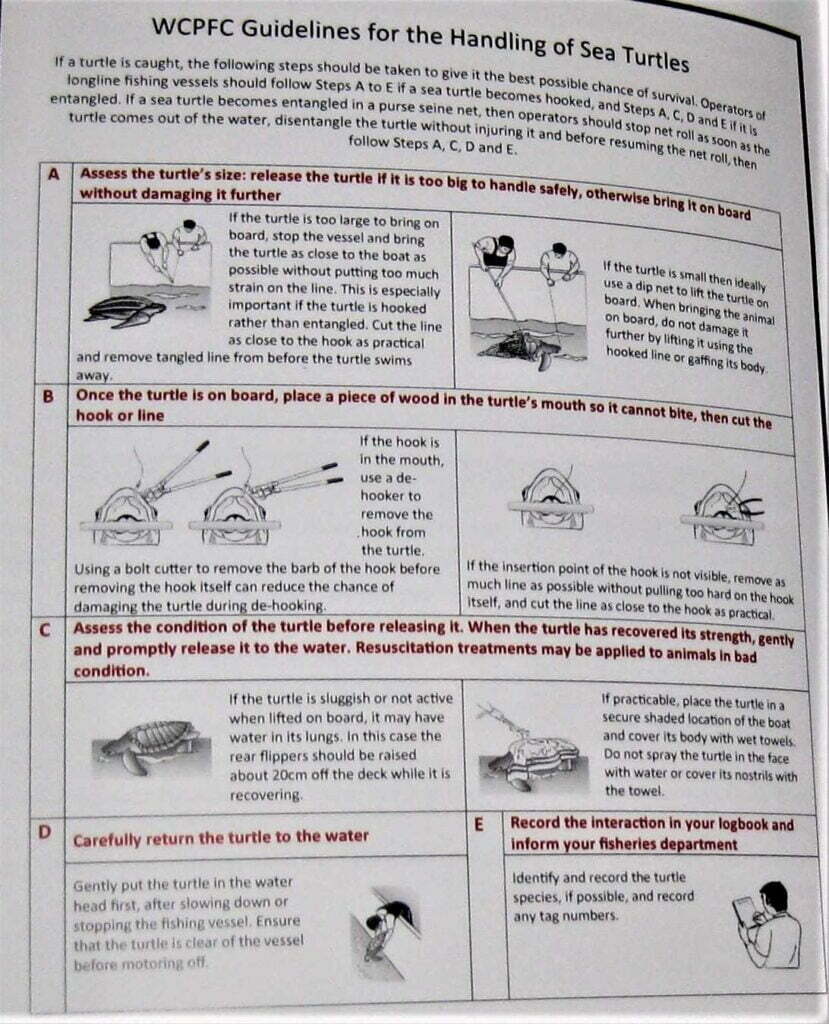
The guideline booklet shows how unwanted bycatch species can sometimes be caught alongside fishery targets and details the methods to release animals unharmed
Bycatch Mitigation Toolkits
The toolkit ‘Bycatch Mitigation Toolkits for Fiji’s Offshore Industry’ provides the tools needed to release sharks, turtles and seabirds, and was created as a partnership between the Fiji Ministry of Fisheries, Fiji Fishing Industry Association, Fiji Maritime Academy and the World Wide Fund for Nature, supported by the Secretariat of the Pacific Regional Environment Programme through the Pacific-European Union Marine Partnership (PEUMP) Programme.



Toolkit contents and explanation of how to use release equipment
Further information can be obtained from WWF Pacific’s Communications Officer, Ravai Vafo’ou on Email: [email protected] or Mobile: 7399255.
The Great Fiji Shark Count provided more than 200 posters and waterproof boards to assist with identification of sharks, turtles and rays that are commonly encountered in nearshore and offshore waters. These were laminated by WWF for use on Fiji’s domestic longline fleet of vessels, and will also be provided to the Fiji Maritime Academy as teaching awareness materials for new captains and crew.


Ms. Radhika Kumar – President, Fiji Fishing Industry Association
Ms. Noa Sainz – European Union in the Pacific’s PEUMP Project Manager
Ms. Emma Christopher – Development Programme Coordinator, New Zealand High Commission
Ms. Kelera Macedru – Fiji Bycatch & Integrated Ecosystem Management Country Coordinator, SPREP
Fiji’s Bycatch Guidelines
The ‘Bycatch Best Handling Practices: A Guideline for Skippers and Crew on Longline Fishing Vessels in Fiji’ and ‘Best Practice for Bycatch Mitigation in Fiji’s Tuna Longline Fishery: For Vessel Owners & Operators’ is a first for Fiji, where bycatch guidelines have been developed for both skippers and crew and vessel operators; possible through funding by the New Zealand government.
The supply of bycatch mitigation toolkits to Fiji’s offshore fishing vessels is supported through the By-catch and Integrated Ecosystem Management (BIEM) Initiative being implemented by the Secretariat of the Pacific Regional Environment Programme under the Pacific-European Union Marine Partnership (PEUMP) Programme funded by the European Union and the Government of Sweden.

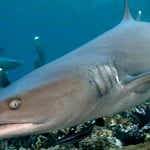
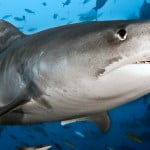
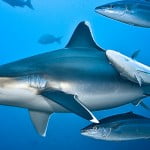











Leave a Reply